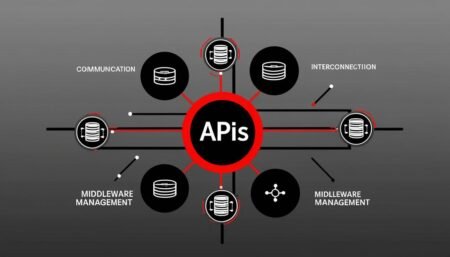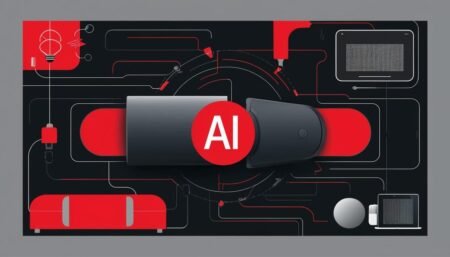The shift towards AI-powered PCs is expected to lead to a significant increase in shipments and the potential for AI to become the new industry standard by 2026.
AI-Enhanced PCs Set for Rapid Growth, Forecasted To Dominate Market by 2026
The tech landscape is set for a revolutionary shift as AI-powered PCs move towards becoming the industry standard. According to a study by Gartner, AI PCs are expected to represent 43% of all PC shipments by 2025. This surge projects an astounding 165.5% increase in unit shipments from the previous year, reflecting significant momentum in their adoption.
By 2024, shipments of AI-integrated PCs are estimated to reach 43 million units, nearly doubling the volume from 2023. This isn’t being driven by the introduction of a ‘killer’ AI application; rather, it signals that purchasing a PC without AI hardware will become increasingly uncommon. This evolution echoes past technology shifts, such as the widespread adoption of Wi-Fi in PCs.
AI PCs are defined by their embedded neural processing units (NPUs). While current desktop applications may not heavily leverage this technology, industry experts anticipate that future applications will exploit these capabilities, making AI hardware a strategic investment for buyers.
Ranjit Atwal, Senior Director Analyst at Gartner, equates this shift with the previous transition towards Wi-Fi connectivity in PCs. “Essentially,” he explained, “it becomes a lack of choice. That’s what drives the share. The bigger question is: can vendors monetise those AI PCs?”
High-profile executives have also weighed in on this trend. At the Goldman Sachs Communacopia + Technology conference, HP CEO Enrique Lores predicted that by 2027 AI PCs would account for around 50% of shipments. He also projected this shift would drive an increase in average selling prices across the sector by 5 to 10 percent.
Further commentary was provided by Jitesh Ubrani, Research Manager at IDC’s Worldwide Mobile Device Trackers. “Businesses certainly recognise the importance of AI,” said Ubrani, “though many struggle to see the immediate use case and instead are opting for AI PCs as a means to futureproofing.”
IDC analysts noted the long-term trend toward an AI PC-dominated market, as the inclusion of NPUs becomes more widespread across various PC tiers. Over time, producing processors without NPUs might even become cost prohibitive, further solidifying the shift towards AI-enhanced computers.
The timing of this evolution presents challenges for some vendors. Atwal pointed out that for Intel, the transition is happening at a particularly difficult moment. Compounding this, Microsoft and Qualcomm are advocating for alternative platforms showcasing ARM-based solutions, which are now seen as competitive threats for possibly the first time.
“This marks a much more competitive environment than we’ve previously encountered. There are now many more opportunities for different CPU vendors than we’ve seen historically.”
As the industry braces for these sweeping changes, the landscape of PC technology will undoubtedly be transformed, driven by the increased integration and eventual dominance of AI capabilities in everyday computing.
Source: Noah Wire Services















